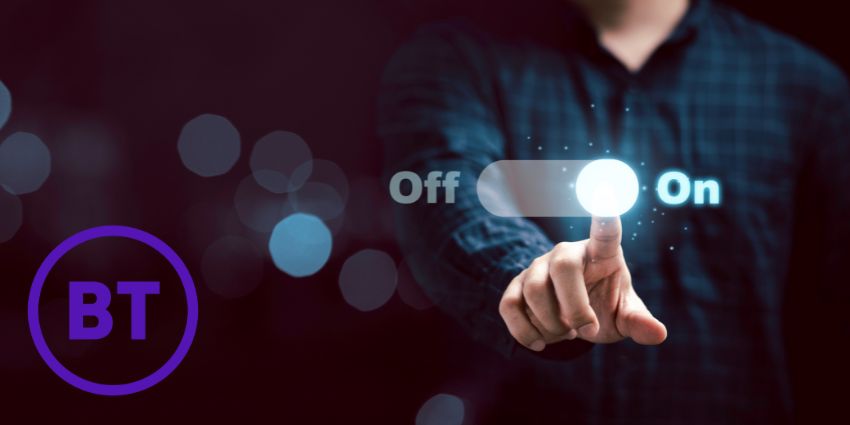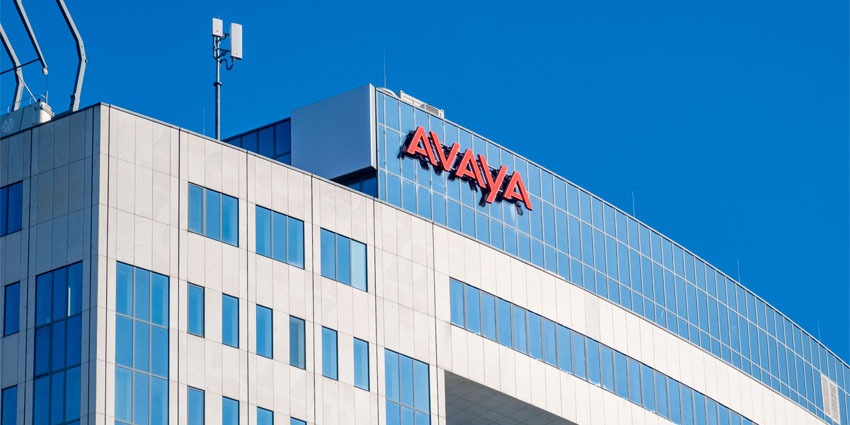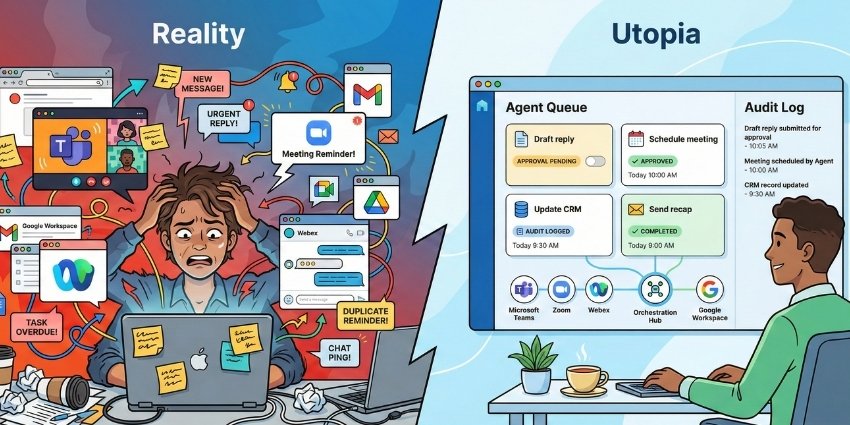BT Group has opted to postpone its PSTN switch-off date to the end of January 2027.
This will give customers who are relying on the old analogue Public Switched Telephone Network (PSTN) longer to transition across to a modern fibre network.
The initiative was born out of the premise that legacy network technologies and devices are becoming increasingly rare from both a business and consumer perspective. Moreover, both customer groups stand to benefit from digital services associated with fibre networks, such as Voice over IP (VoIP), video conferencing, and more business applications.
BT, the UK telecommunications provider, is therefore planning to move over 14 million copper lines onto the fibre network, simultaneously ending the legacy services and wholesale line rental products connected to them.
Howard Watson, BT Group’s Chief Security and Networks Officer, explains that it is working to mitigate against adversely affecting customers that are still dependent on its PSTN lines: “The urgency for switching customers onto digital services grows by the day because the 40-year-old analogue landline technology is increasingly fragile.
“Managing customer migrations from analogue to digital as quickly and smoothly as possible, while making the necessary provisions for those customers with additional needs, including telecare users, is critically important.
Our priority remains doing this safely, and the work we’re doing with our peers, local authorities, telecare providers and key government organisations is key.”
“But more needs to be done, and we need all local authorities and telecare providers to share with us the phone lines where they know there’s a telecare user.”
In January, iotcomms explained to UC Today how 90 percent of sheltered housing schemes in the UK depend on analogue connections to keep care alarm systems connected to the alarm receiving centre (ARC). As many residents will not be able to invest thousands of pounds in buying a new digital one, solution providers are offering alternatives like iotcomms’ pay-monthly cloud service, Alarmbridge Connect.
Pure IP is another company offering PSTN replacement services not only in the UK but around the world. Towards the end of last year, Pure IP announced it now offers full PSTN replacement services in 50 countries.
In fact, there is a long list of UC providers with solutions on offer to help businesses shift from analogue to digital, including Gamma, Daisy, RingCentral, Voss, Calltower, and many more.
Stop Sell
At one end, digital services providers are waiting with their arms open to receive legacy customers, which they have promoted for some time now as a faster, more efficient, and business-savvy option.
At the other end—in the UK at least—is Openreach, BT’s broadband provisioning team. Since it first announced in 2019 that it would dispense of such services by 2025, Openreach has been effectively pushing customers away from analogue phone lines.
Openreach isn’t arbitrarily moving the goalposts now. It is basing its PSTN switch-off date on a ‘Stop Sell’ process that comes into effect when 75 percent of premises associated with a particular exchange gain a full-fibre connection.
If customers want to resume their connection, they will need to take on new digital services via Openreach’s full-fibre network. This will save customers from taking up new contracts with old services shortly before the complete shutdown of the PSTN.
According to the IT news provider Computer Weekly, Openreach estimates that by the summer of this year, the Stop Sell rules will have been activated in over 700 exchanges.







